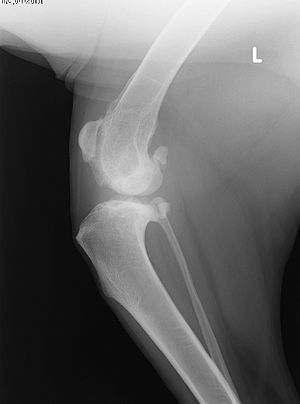
Dogs generally tolerate chemotherapy much better than humans. One of the reasons is that because of a dog’s size, the dosage is lower. However, some dogs do suffer side effects.
Dr. Susan Ettinger, a veterinary oncologist at the Animal Specialty Center in New York and co-author with Dr. Demian Dressler of the Dog Cancer Survival Guide, has some tips to help if your dog is going through chemotherapy.
Signs of nausea can be decreased appetite, drooling, appearing hungry when approaching food but not eating. Ask your vet to recommend anti-nausea medications along with the dosage for your dog. You can also offer the dog ice cubes every few hours. After 12 hours, offer small meals at intervals. Call your vet or emergency clinic if symptoms continue more than 24 hours.
If your dog is vomiting, withhold food and water for 12-24 hours. If vomiting occurs once or twice, begin anti-nausea medication as prescribed. Offer some water after 12-24 hours of no vomiting. If the dog doesn’t vomit again for 12-24 hours feed small amounts of a bland diet, usually boiled chicken with rice. If vomiting continues for more than 24 hours and your dog has a fever, contact your vet or emergency clinic. Severe vomiting can cause dehydration.
If your dog is experiencing diarrhea, offer the bland diet of boiled chicken and rice and water. Add a probiotic to the food. If your vet has given you anti-diarrhea medication, you can give it to your dog following the recommended dosage. Pepto Bismol can be given to dogs but NEVER to cats. Consult your vet for the proper dosage for your dog. When there is improvement, gradually introduce your dog’s regular diet. If diarrhea is bloody, black or continues for more than 48 hours, contact your vet or emergency clinic.
If you have any questions concerning chemotherapy and any side effects, please consult your vet for information and recommendations for your dog.
For current information on cancer in dogs, check Dr. Demian Dressler’s Dog Cancer Blog online.



